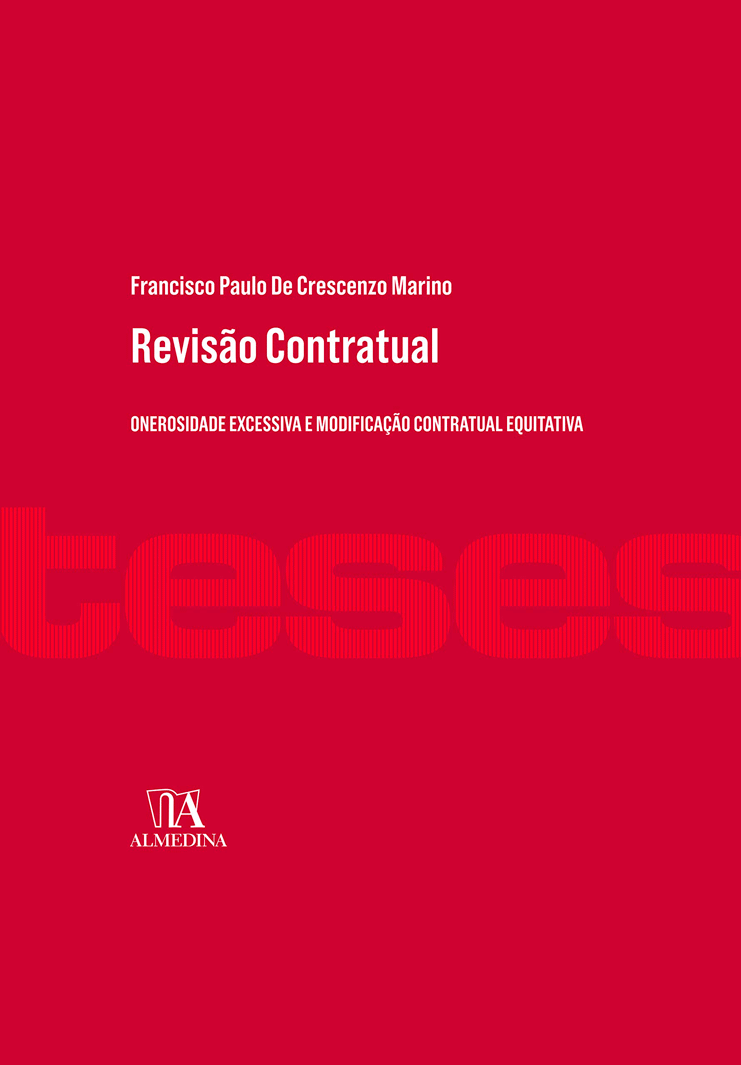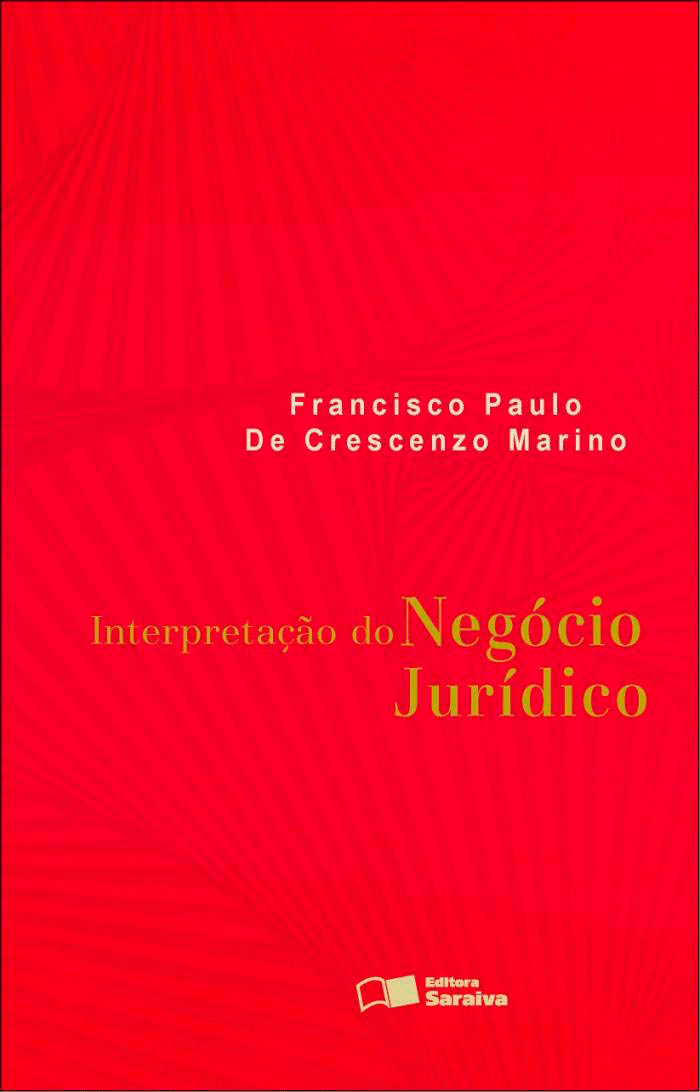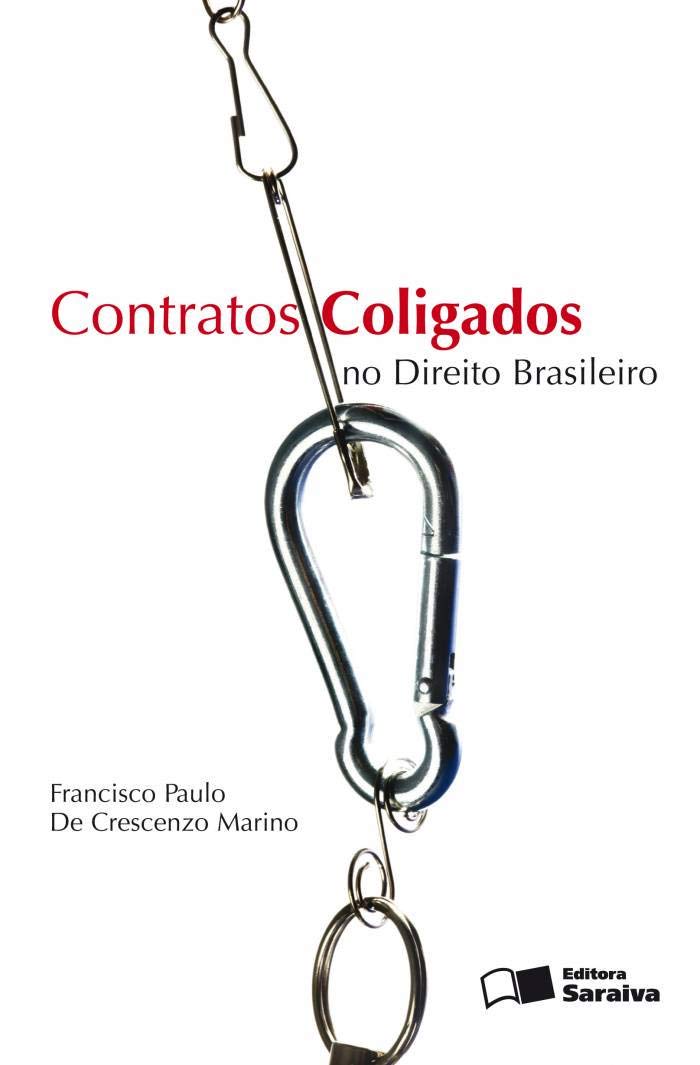
The book results from Professor Francisco Marino’s professorial thesis, which was defended in 2018 at the University of São Paulo. It analyses contract adaptations resulting from hardship under Article 479 of the Brazilian Civil Code. The first part of the book focuses on the debtor’s supposed legal standing to request contract adaptation. Next, the book assesses the legal nature, form, validity and content of said statutory remedy, as well as the court’s role in connection therewith. Finally, the book analyses the effects arising from an award ordering contract adaptation. In this regard, Professor Marino’s work presents key considerations on the limits of judicial intervention in party autonomy.

Brazilian law has two cardinal rules on interpretation of legal transactions. Article 112 of the Brazilian Civil Code sets forth that the interpreter should privilege the parties’ intention over literal meaning. Article 113 of the Brazilian Civil Code determines that interpretation should be guided by good faith and local usages. The application of these broad rules can be troublesome in legal practice. Therefore, the book seeks to put forth a broad view of the hermeneutical analysis of legal transactions, based on clear and well-defined concepts. Despite the fact that the book precedes the recent Brazilian Economic Freedom Act and the hermeneutical rules contained therein, the work remains valuable to the study of the contract under Brazilian law.

The book corresponds to Professor Francisco Marino’s doctoral thesis, which was prepared at the University of São Paulo under the supervision of Professor Antonio Junqueira de Azevedo. It analyses the group of contracts theory under Brazilian law. The theory arises from the need for adaptation of Contract Law vis-à-vis the complexity of economic transactions. The study is based on national and foreign authorities, with an emphasis on French and Italian doctrines. It contains references to numerous precedents on the matter.
